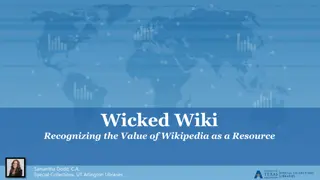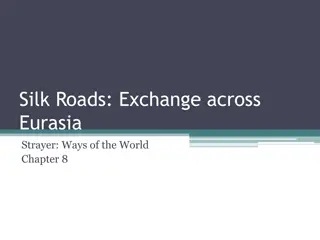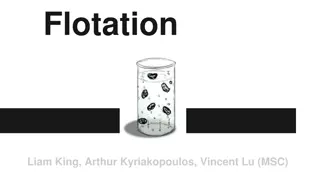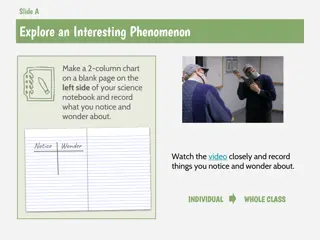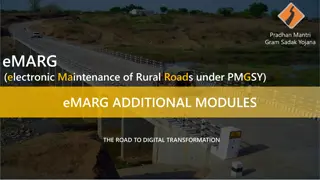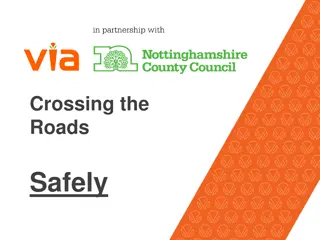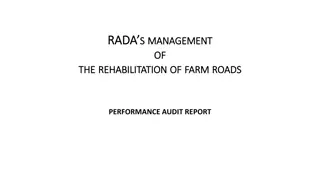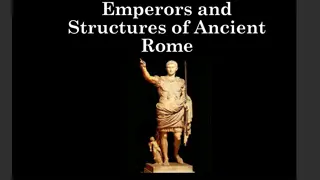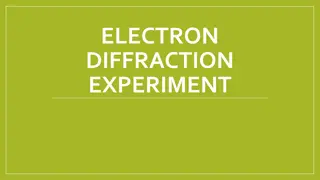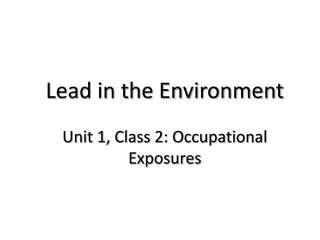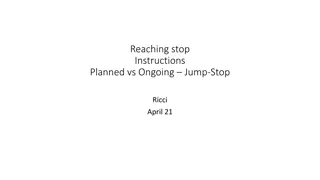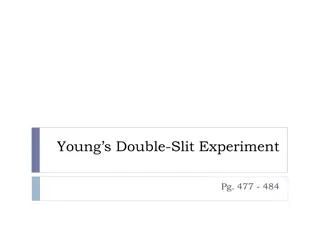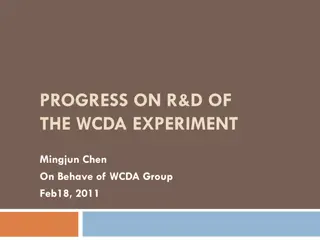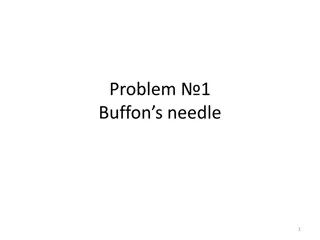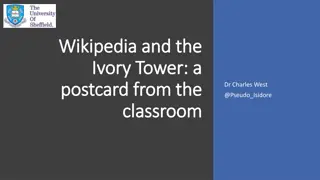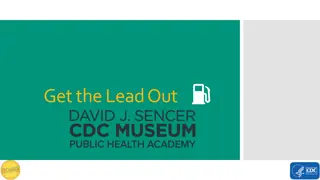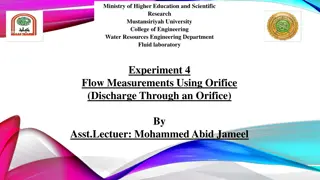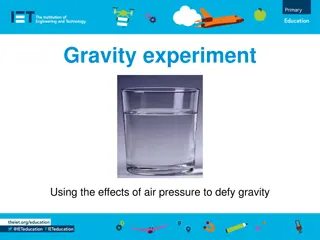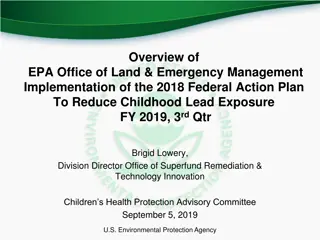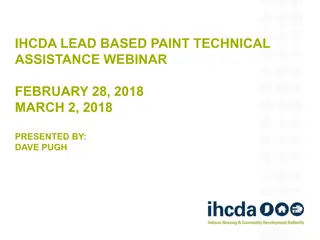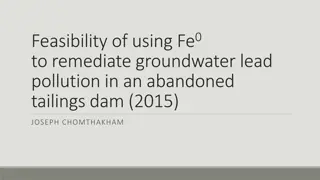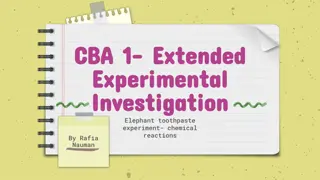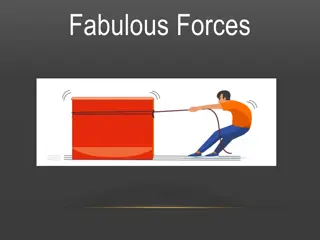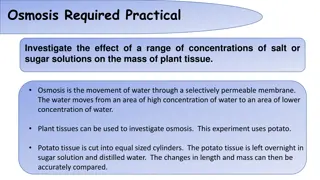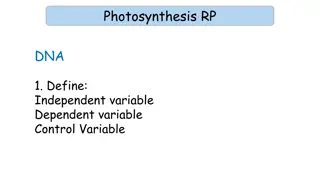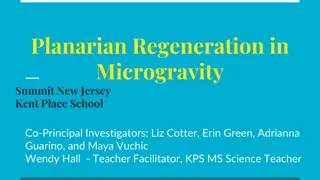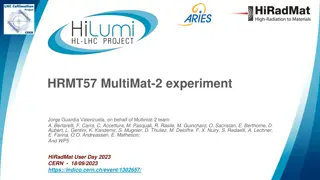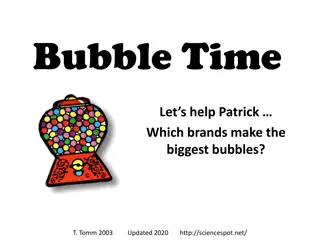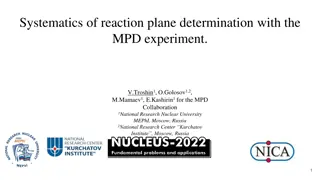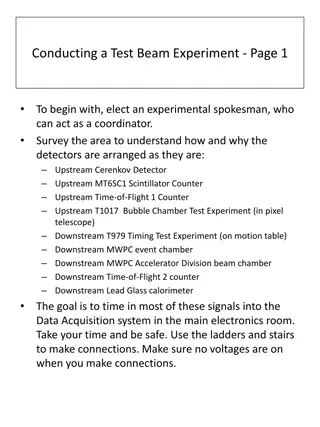Investigating the "All Roads Lead to Rome" Phenomenon: A Wikipedia Experiment
Explore the phenomenon where navigating different random Wikipedia articles eventually leads to the Philosophy page. The experiment involves clicking the first link in each article to trace a path towards Philosophy, testing hypotheses and analyzing results.
Uploaded on Sep 10, 2024 | 0 Views
Download Presentation

Please find below an Image/Link to download the presentation.
The content on the website is provided AS IS for your information and personal use only. It may not be sold, licensed, or shared on other websites without obtaining consent from the author. Download presentation by click this link. If you encounter any issues during the download, it is possible that the publisher has removed the file from their server.
E N D
Presentation Transcript
2. ALL ROADS LEAD TO ROME Team Croatia Reporter: Andrej Todic 1
2. ALL ROADS LEAD TO ROME Open a random Wikipedia article and click on the first link in the article. Keep clicking on the first link of each following article. It is argued that you will quickly end up on the page Philosophy. Investigate whether this is true. How can one describe such an observation? 2
OUTLINE Theoreticalintroduction Facts about Wikipedia Special: Random Feature Experiment Use of Programming Loop Occurences Results Results (with and without modifications) Description 3
WIKIPEDIA Multilingual web-based encyclopedia Articles can be modified by volunteers 261 different languages 15 million pages about 5 million in English 4
EXAMPLE 5
SPECIAL:RANDOM Generates random articles Each page in the Wikipedia database has a unique index An article is chosen by choosing a random index Used to take random samples from the Wikipedia database /wiki/Special:Random random Wikipedia article 6
HYPOTHESES Hypothesis 1: More than half of all articles will lead to Philosophy Hypothesis 2: If it s possible to reach Philosophy, it can be done in under 50 clicks 7
TESTING Go to article Automated using Programming Web client using the programming language Python Find first link Is Philosophy? Automatically searches Wikipedia Count steps 8
Pick a random Wikipedia article FLOW CHART NO Link exists YES End program NO Link equals Philosophy YES Go to link Return number of clicks 9
TESTING Program checks if randomly picked web pages lead to Philosophy Output consists of Address of the starting web page Number of clicks to reach Philosophy Wikipedia article doesn t lead to Philosophy Number of clicks is set to -1 10
INFINITE LOOPS Reaching Philosophy 2% First links of randomly chosen articles: lead to Philosophy OR lead to already visited articles Second outcome means all the articles would have to be visited again 98% Test is stuck in a loop Success Failure 11
First link is often about the etymology of a word WHEN LOOPS OCCUR Ancient Greek Greek language Modern Greek Colloquialism ... Logical assertion Logic 12
MODIFICATION Ignoring the first links connected to infinite loops, such as: /wiki/Mathematics /wiki/Truth /wiki/Greek /wiki/Latin Moving on to the next link Possible to reach Philosophy more often 13
RESULTS Reaching Philosophy 28% 28% which fail lead to: Main Page Page without links 72% Success Failure 14
RESULTS 350 300 250 Number of Occurences 200 150 100 50 0 1 2 3 4 5 6 7 8 9 10 11 12 13 14 15 16 17 18 19 20 21 22 23 24 25 26 27 28 29 30 31 32 33 34 35 36 37 38 39 40 Number of Steps 15
RESULTS 1.18% 0.10% Emergent properties A priori and a posteriori Property(philosophy) Idea Philosopher Aesthetic Poiesis Quality(philosophy) Ethic Epistemology of science Absurdism Aesthetics Logical form 0.08% 1.96% 1.30% 2.56% 15.42% 4.94% 6.82% 11.58% 8.00% 8.80% 9.52% 16
RESULTS Experiment repeated for 5000 randomly chosen articles Average number of clicks 21 17
HOW CAN ONE DESCRIBE SUCH AN OBSERVATION? Philosophy (from Greek , philosophia, literally love of wisdom ) is the study of general and fundamental problems concerning matters such as existence, knowledge, values, reason, mind, and language. Wikipedia 18
CONCLUSION If the task from the assignment is followed literally, it rarely leads to Philosophy The number of links which lead to Philosophy is too small to make a conclusion If first links which lead to loops are ignored Both hypotheses are correct Hypothesis 1: More than half of all articles will lead to Philosophy Hypothesis 2: If it s possible to reach Philosophy, it can be done in under 50 clicks Philosophy general and fundamental 19
POSSIBILITIES FOR FUTURE WORK Downloading all Wikipedia articles for individual testing Drawing a tree diagram which represents all the connections to Philosophy Speeding up the program Testing for articles other than Philosophy 20
LITERATURE AND SOURCES https://en.wikipedia.org/wiki/Wikipedia:FAQ/Technical#random, accessed on: 01.02.2018., 17:56 https://computer.howstuffworks.com/internet/basics/wiki1.htm, accessed on: 01.02.2018, 16:34 http://www.findingdulcinea.com/guides/Technology/Wikipedia.xa_ 1.html, accessed on: 01.02.2018. 15:22 21
THANK YOU! Team Croatia Reporter: Andrej Todic 22


